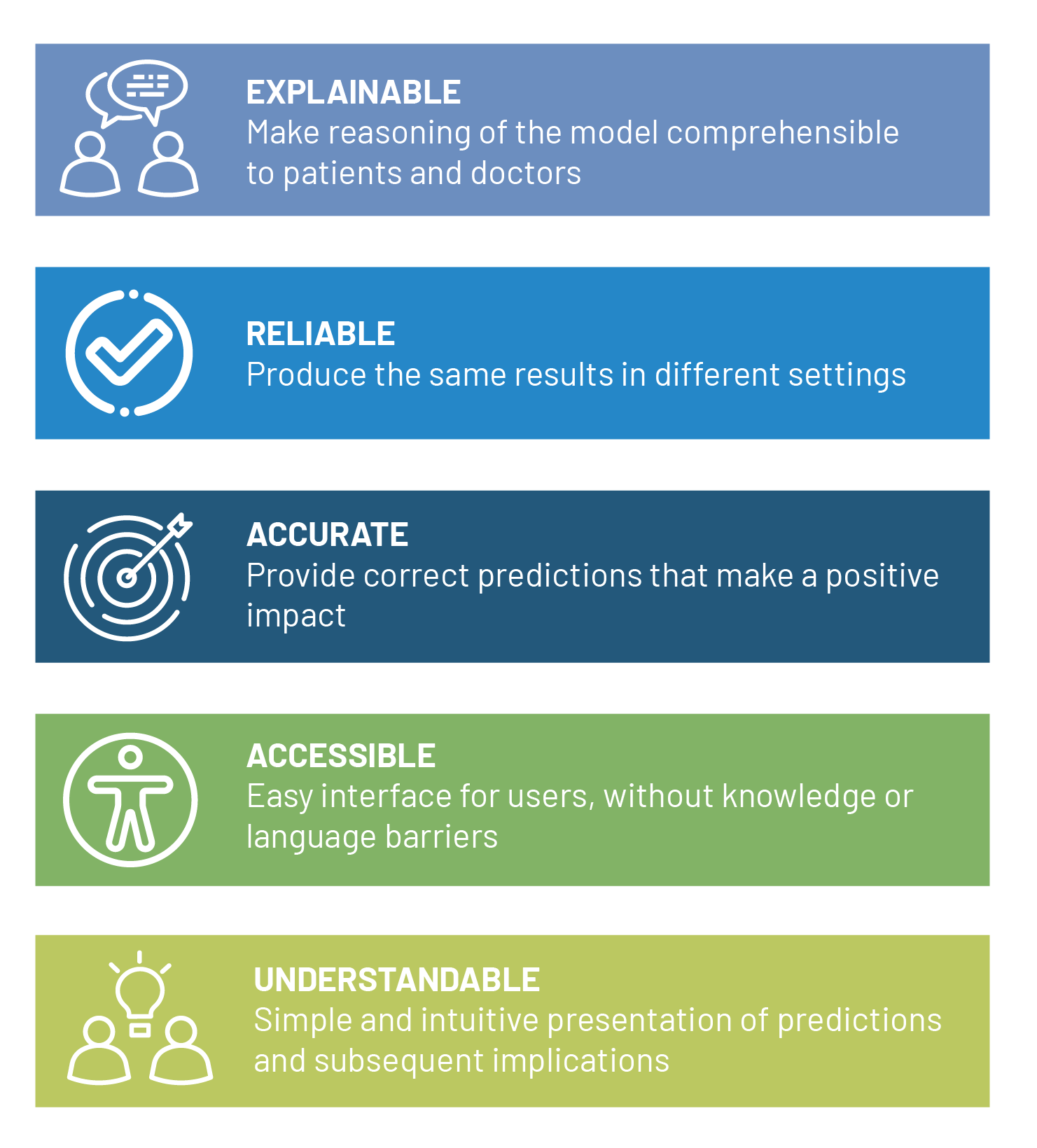AI in Healthcare
Modern medicine generates vast amounts of health data every year, exceeding human analytical capabilities and necessitating the use of computational models. Artificial intelligence (AI) systems that encompass the ability of a machine to learn and recognise patterns and interactions from representative models and can use this information to improve decision-making processes, hold great promises in this context.
In recent years, AI has transformed oncology and personalised clinical care by improving the accuracy and speed of diagnosis, aiding in clinical decision-making, and leading to better health outcomes for cancer patients. In today’s cutting-edge precision oncology, AI researchers aim to integrate large amounts of data derived from multi-omics analyses (molecular-level science) with current advances in high-performance computing and groundbreaking machine learning strategies. AI can also help with patient stratification for personalised medicine, allowing medical decisions to be based on individual patient characteristics.
However, several hurdles exist to implement AI models in healthcare successfully and effectively. Some of the major challenges include insufficient and heterogeneous data, lack of interpretability, trust, and transparency as well as rigorous data privacy and security laws.
Ongoing research, such as in the COMFORT project, aims at mitigating such issues and deploying trustworthy, unbiased AI-based tools. To this end, the innovative COMFORT AI system will focus on the following aspects:
